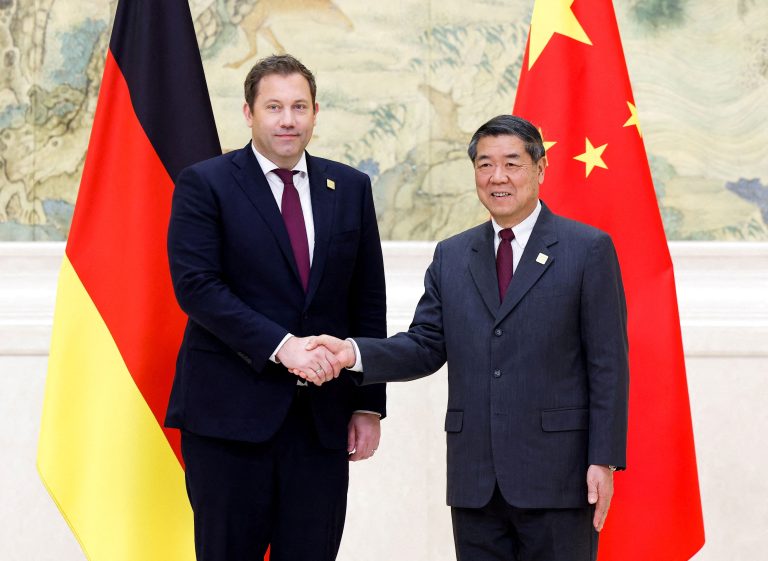The first visit of a member of the new German government to Beijing opened the door to talks on fair competition, stable supply chains and mutual market access. Both economies stressed the need to ease tensions.
Chinese Vice Premier He Lifeng and German Finance Minister Lars Klingbeil agreed on Monday that the two countries should deepen their commercial ties and bring an end to months of tensions between the world’s second- and third-largest economies. The meeting in Beijing marked the first visit of a minister from Chancellor Friedrich Merz’s government to China.
Relations between the two industrial powers have been strained by Chinese export restrictions on chips and rare earths, which have caused difficulties for German businesses. At the China–Germany Financial Dialogue, Klingbeil also raised concerns about Chinese overcapacity in steel, solar production and electric mobility, which Berlin says threatens fair competition and industrial jobs.
Both sides agreed that reducing overcapacity and ensuring stable competitive conditions should be a shared responsibility. They also addressed European concerns about Chinese restrictions on critical raw materials. Klingbeil stressed the need for joint solutions to secure reliable supply chains.
Beijing said it aims to promote a fair and non-discriminatory business environment and called for “practical steps” that would not disrupt global supply chains. The German minister praised China’s economic rise as evidence that openness and trade support prosperity.
Economic ties have become increasingly vital as U.S. tariffs put pressure on global markets. Chinese companies now compete strongly with German firms, and Berlin insists on fair conditions and mutual access to markets, including financial ones.
Klingbeil’s trip comes after China rejected most meeting requests from German Foreign Minister Johann Wadephul last month. Analysts say that the smooth progress of Klingbeil’s visit is a positive sign.
(reuters, lud)
